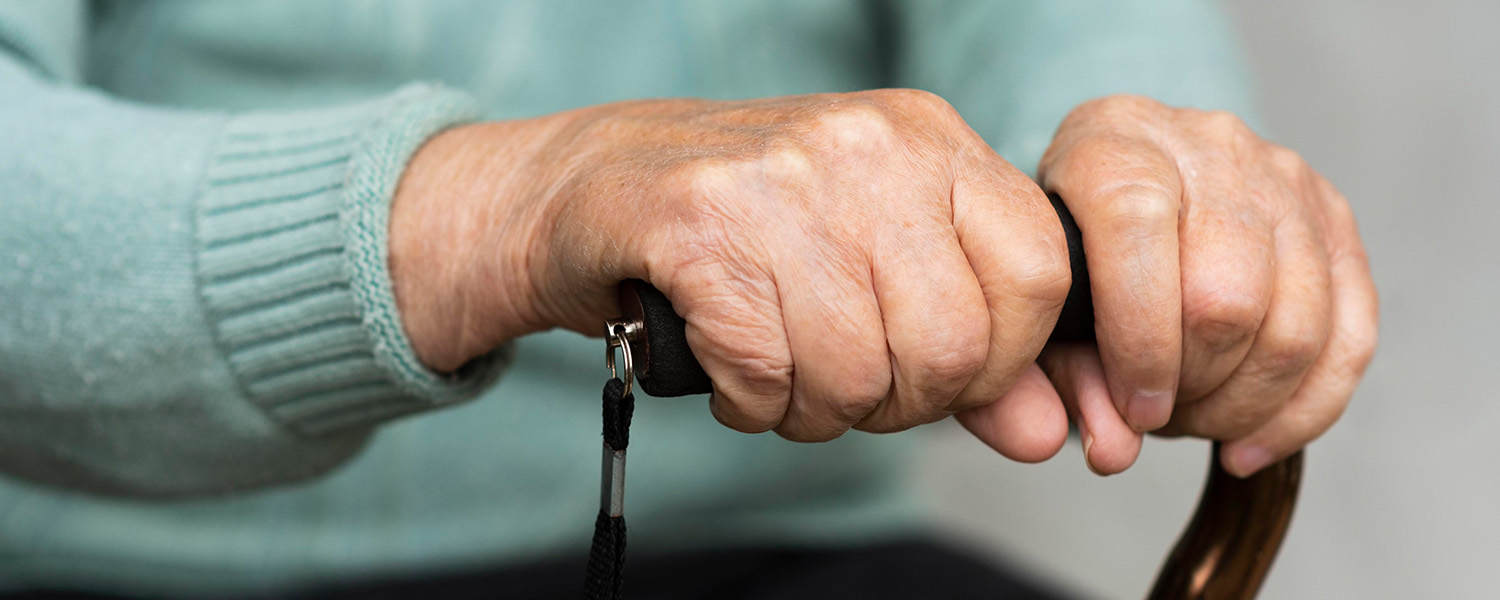Paraquat Lawsuit Vetting May Lead to Settlements
Paraquat Lawsuit Vetting May Lead to Settlements

Introduction
With over 5,000 Paraquat lawsuits awaiting resolution in federal courts, the U.S. District Judge overseeing the litigation has initiated measures to scrutinize claims involving questionable liability theories, aiming to facilitate Parkinson’s disease settlements before proceeding to trial with the first bellwether cases.
The complaints in the litigation uniformly allege that Syngenta and Chevron failed to adequately disclose the connection between Paraquat and Parkinson’s disease. Most of these lawsuits are brought by individuals who regularly handled the controversial weed killer through spraying, mixing, transporting, or handling. However, some claims involve Paraquat "drift," where plaintiffs were exposed to the herbicide from nearby spraying, an aspect the manufacturers have indicated they will not settle.
To address common factual and legal issues raised across the federal court system, the Paraquat litigation was consolidated before a U.S. District Judge in the Southern District of Illinois in June 2021, forming a federal MDL (multidistrict litigation). A "bellwether" process was established by the Court to prepare a small group of Paraquat lawsuits for trial, expected to represent the majority of claims in the litigation.
Despite these efforts, negotiations for Paraquat Parkinson’s disease settlements have been hindered by claims not directly linked to the weed killer exposure. Responding to concerns raised by Defendants about claims with seemingly implausible liability theories connecting illnesses to Paraquat exposure, the Judge ordered additional discovery in 25 potential Paraquat cases earlier this year. This required case-specific depositions to be conducted over the initial months of 2024.
Following the Court's order, at least nine selected cases with questionable liability theories were withdrawn by plaintiffs, prompting the court to replace them last month. However, in a subsequent case management order on March 7, the Judge noted that another nine cases had been withdrawn, necessitating their replacement as well.
The Judge articulated that the additional discovery from these cases and previously identified plaintiffs would offer representative data, enabling the determination of the plausibility and substantiation of their claims. The aim is to weed out non-meritorious claims and align with prior orders requiring discovery and depositions in similar mass actions.
The removal of these "non-meritorious" cases is expected to facilitate the negotiation of Paraquat Parkinson’s disease settlement agreements. However, if significant numbers of claims remain unresolved after the vetting process and early bellwether trials in the MDL, the Court may begin remanding hundreds of claims back to their originating U.S. District Courts for separate trial dates in the future.




